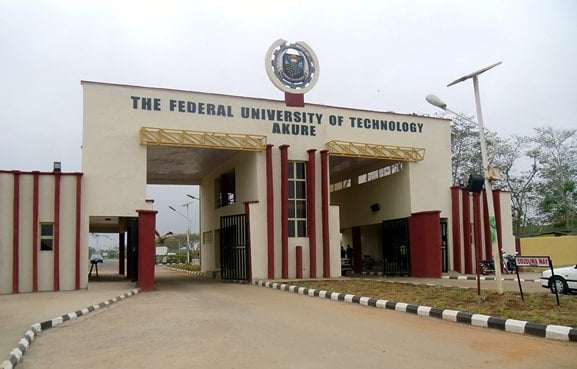Canada Cancels Conversion of Study Permits to Permanent Residency for International Students


The Canadian government has implemented significant changes to its immigration policies, effectively eliminating the pathway for international students to transition from study permits to permanent residency.
As part of these adjustments, international students will now be required to return to their home countries once their study visas expire.
The government has also discontinued the Student Direct Stream (SDS) programme, which expedited study visa processing for students from specific countries. It has tightened regulations on asylum claims related to study permits.
These policy changes were confirmed by Immigration Minister Marc Miller in a recent interview. Miller stressed that while international students have the right to protest, obtaining permanent residency after studying in Canada has never been a guaranteed outcome.
He highlighted the need to maintain a balanced immigration system that prioritises the country’s socio-economic stability.
The SDS programme, launched in 2018, provided a streamlined process for study visa applications for students from 14 nations, later expanding to include additional countries.
However, Miller explained that the decision to end the programme aligns with Canada’s evolving diplomatic and safety priorities.
The expiration of many postgraduate work permits (PGWPs) has led to increased pressure from international students for extensions.
However, the government has clarified that no automatic extensions will be granted, emphasising the importance of matching work permits to the needs of the Canadian labour market.
Miller also acknowledged Canada’s labour shortages and ageing population, which require thoughtful immigration policies to address workforce gaps.
Although reducing immigration entirely is economically unfeasible, the government plans to decrease permanent residency quotas by over 20% to ensure effective integration of new immigrants.
Additionally, the government aims to address the misuse of asylum claims, which have been increasingly utilised by international students as a last resort to remain in the country.
Collaboration between federal, provincial, and educational institutions is deemed critical to managing immigration in a way that balances labour market demands and socio-economic needs without overwhelming housing and public services.
Miller reaffirmed the government’s commitment to creating tailored immigration systems that address the specific needs of Canada’s provinces while preserving the integrity of its immigration framework.
These measures are intended to ensure a sustainable and balanced approach to immigration, workforce integration, and economic stability.






